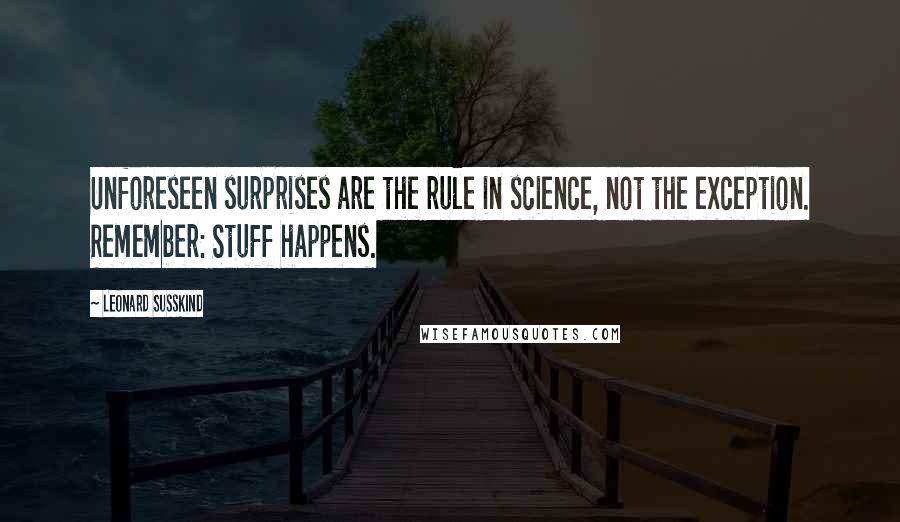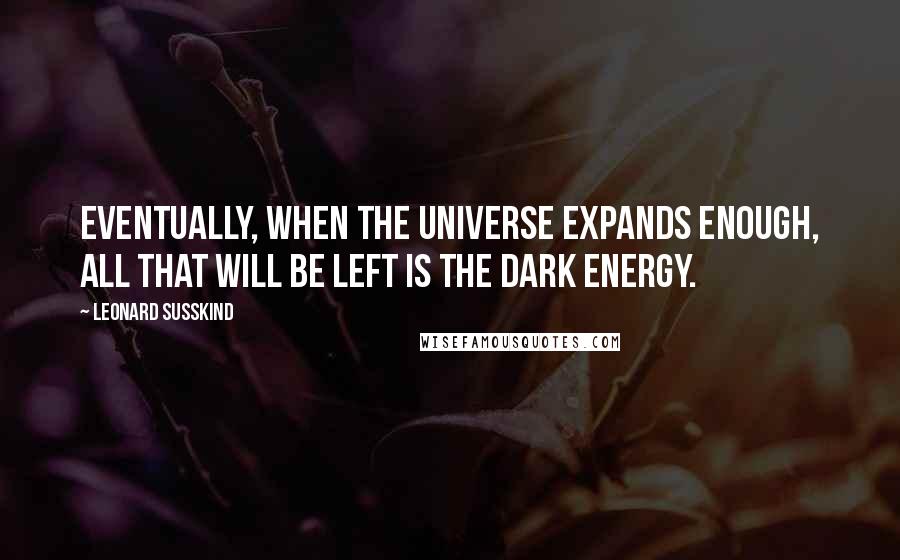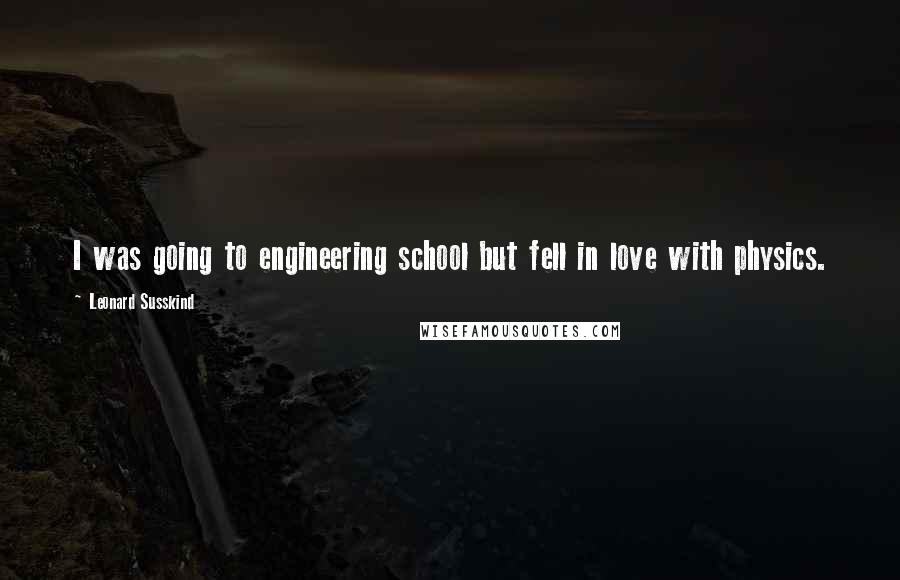Leonard Susskind Quotes
Top 15 wise famous quotes and sayings by Leonard Susskind
Leonard Susskind Famous Quotes & Sayings
Discover top inspirational quotes from Leonard Susskind on Wise Famous Quotes.
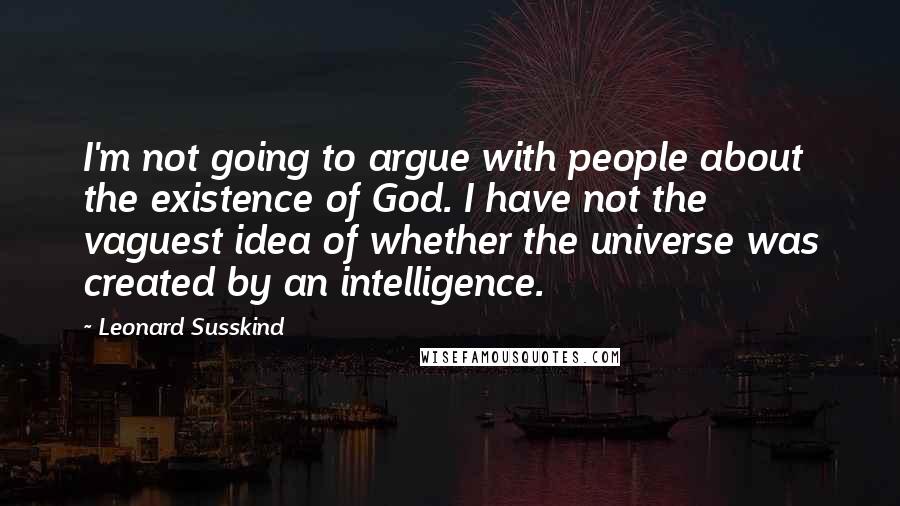 I'm not going to argue with people about the existence of God. I have not the vaguest idea of whether the universe was created by an intelligence.
I'm not going to argue with people about the existence of God. I have not the vaguest idea of whether the universe was created by an intelligence.
![Leonard Susskind quotes: [Richard Feynman] truly believed that if you couldn't explain something simply, you didn't understand it. Leonard Susskind quotes: [Richard Feynman] truly believed that if you couldn't explain something simply, you didn't understand it.](https://www.wisefamousquotes.com/images/leonard-susskind-quotes-1079455.jpg) [Richard Feynman] truly believed that if you couldn't explain something simply, you didn't understand it.
[Richard Feynman] truly believed that if you couldn't explain something simply, you didn't understand it.
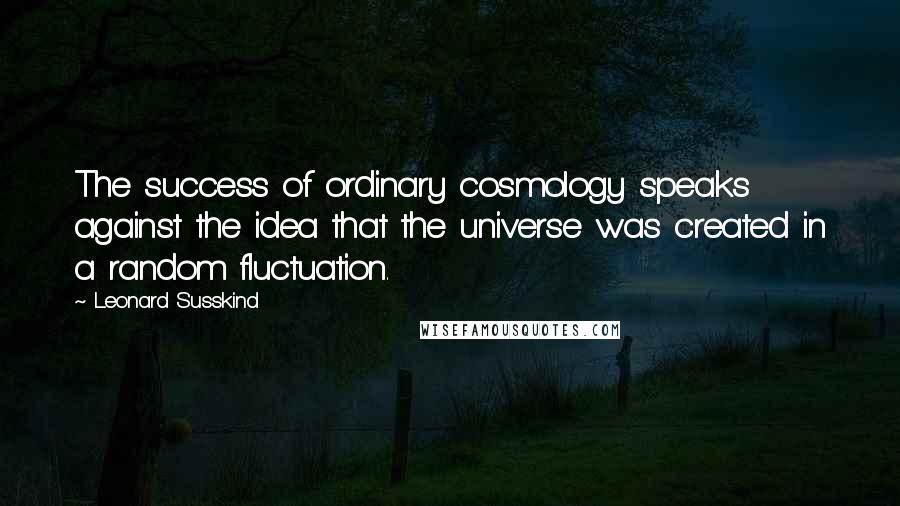 The success of ordinary cosmology speaks against the idea that the universe was created in a random fluctuation.
The success of ordinary cosmology speaks against the idea that the universe was created in a random fluctuation.
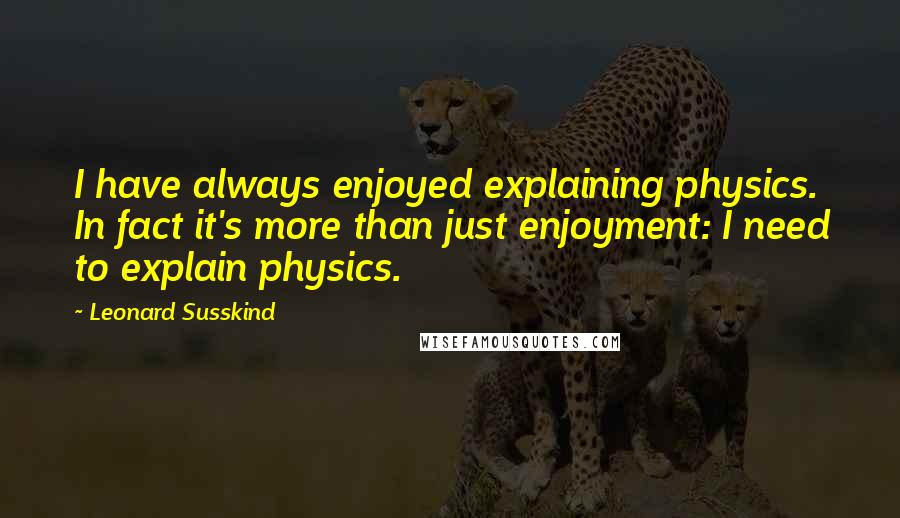 I have always enjoyed explaining physics. In fact it's more than just enjoyment: I need to explain physics.
I have always enjoyed explaining physics. In fact it's more than just enjoyment: I need to explain physics.
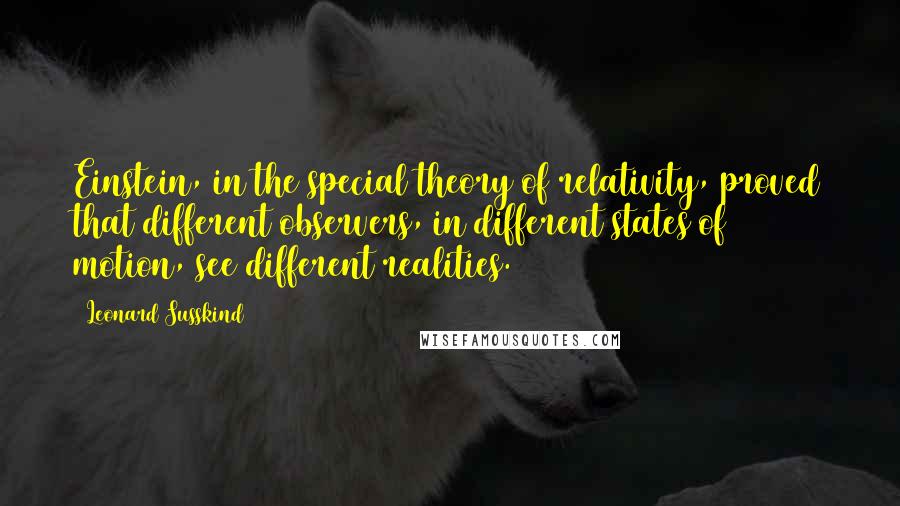 Einstein, in the special theory of relativity, proved that different observers, in different states of motion, see different realities.
Einstein, in the special theory of relativity, proved that different observers, in different states of motion, see different realities.
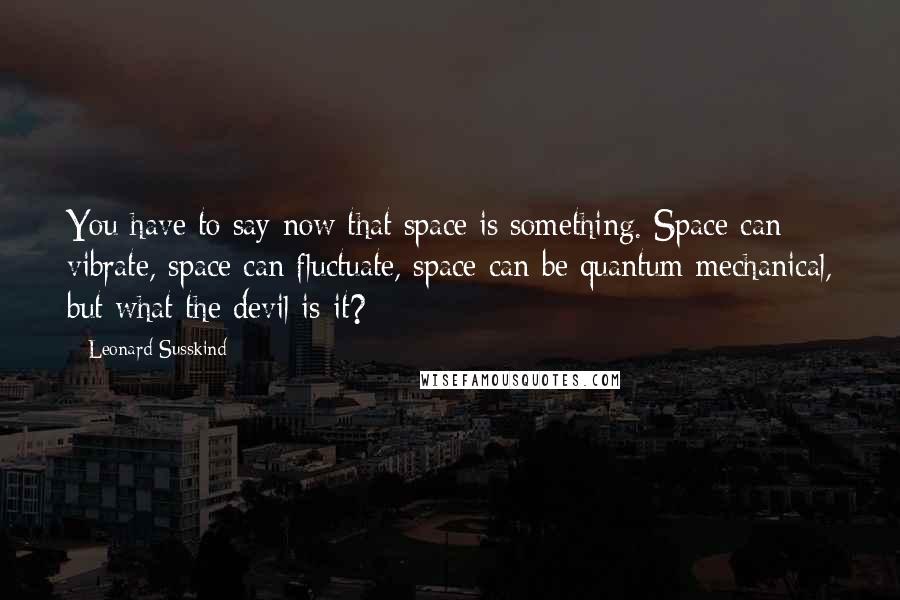 You have to say now that space is something. Space can vibrate, space can fluctuate, space can be quantum mechanical, but what the devil is it?
You have to say now that space is something. Space can vibrate, space can fluctuate, space can be quantum mechanical, but what the devil is it?
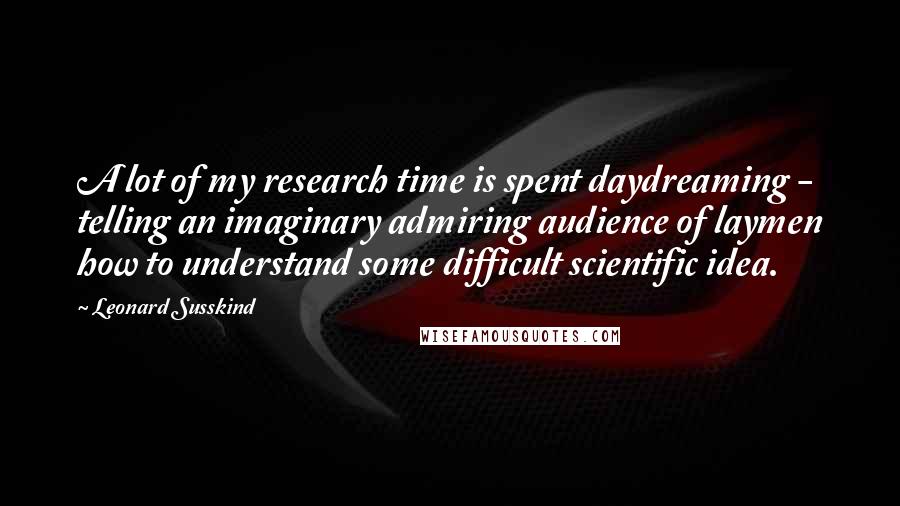 A lot of my research time is spent daydreaming - telling an imaginary admiring audience of laymen how to understand some difficult scientific idea.
A lot of my research time is spent daydreaming - telling an imaginary admiring audience of laymen how to understand some difficult scientific idea.
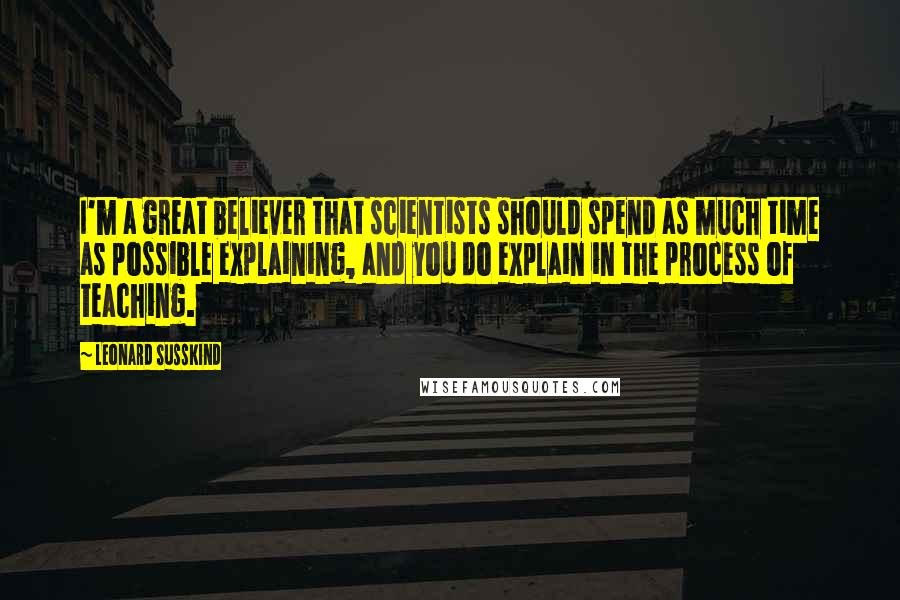 I'm a great believer that scientists should spend as much time as possible explaining, and you do explain in the process of teaching.
I'm a great believer that scientists should spend as much time as possible explaining, and you do explain in the process of teaching.



